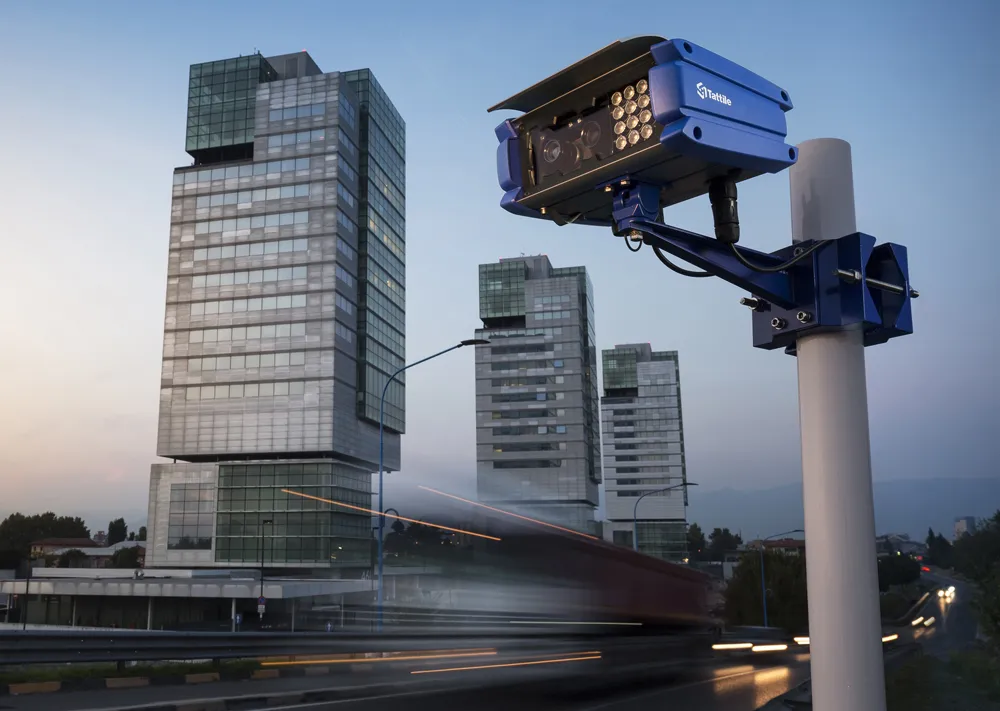Safe Driving Systems has launched Key2SafeDriving for general release for BlackBerry, Windows Mobile, and Symbian powered mobile phones, with other operating systems and phones planned for the future. Key2SafeDriving uses easy to install handset software and a plug-and-forget Activator that installs in the vehicle without tools. Activated when the car starts, the software automatically puts the mobile phone into Safe Driving Mode, disabling its ability to send or receive calls or text messages. It monitors,
February 2, 2012
Read time: 1 min

Key2SafeDriving uses easy to install handset software and a plug-and-forget Activator that installs in the vehicle without tools. Activated when the car starts, the software automatically puts the mobile phone into Safe Driving Mode, disabling its ability to send or receive calls or text messages. It monitors, reports and regulates mobile phone activity while driving. Incoming calls go directly to voicemail and incoming text messages are sent an automated reply, indicating the recipient is driving and will respond later. Emergency call functionality is always enabled while the phone is in Safe Driving Mode, allowing the user to place emergency 911 or other pre-determined phone calls.









